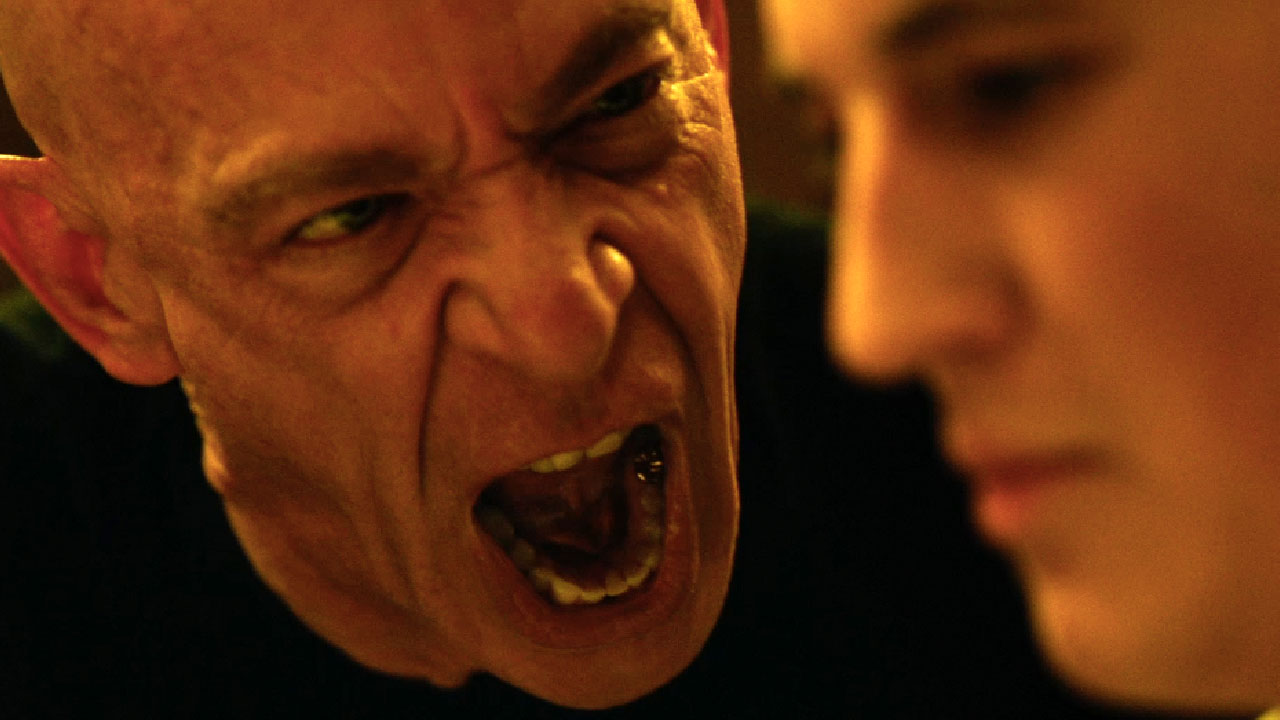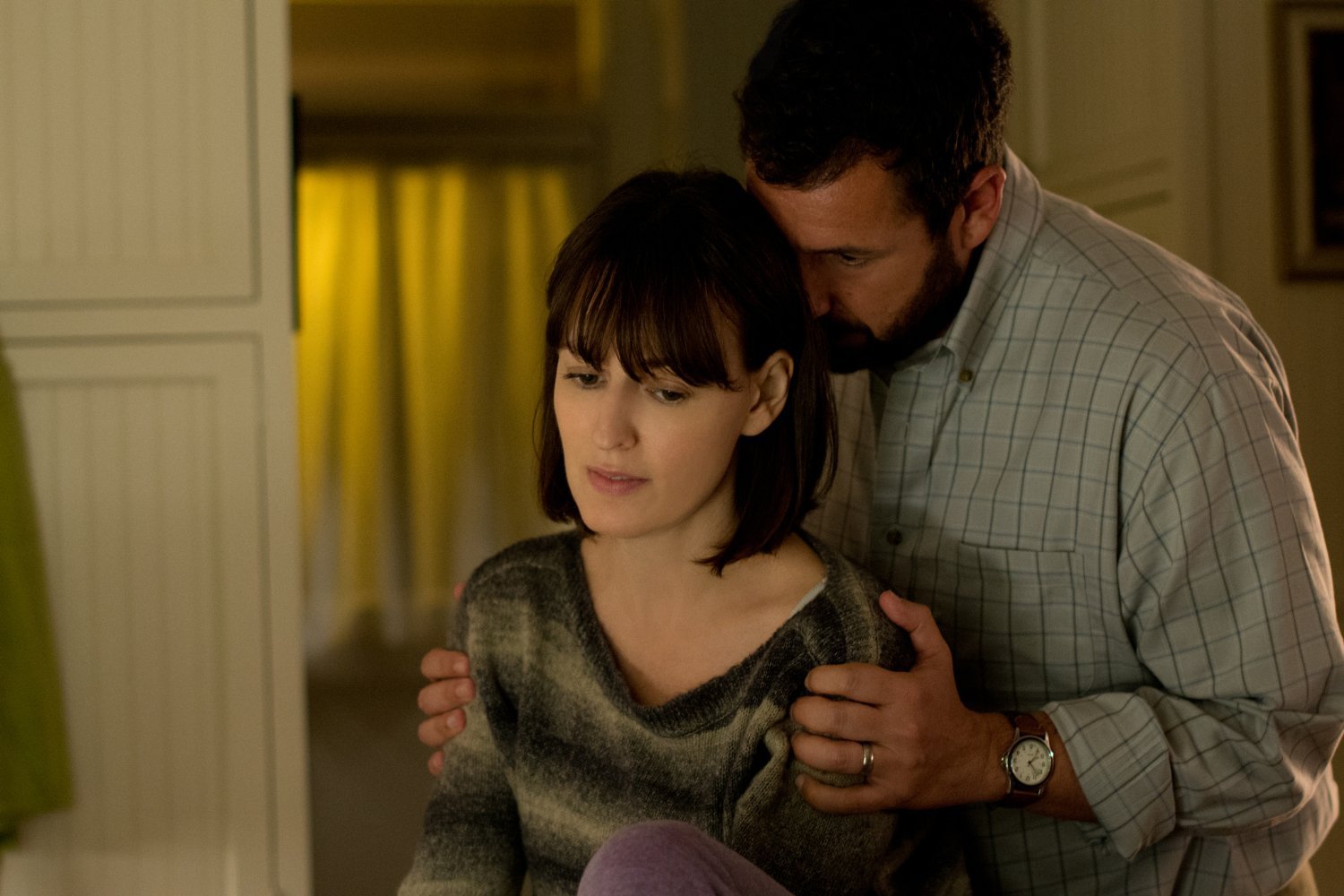Good Kill
by Hope Madden
In 2013, Jeremy Scahill opened our eyes to the darker side of drone wars with his documentary Dirty Wars. Writer/director Andrew Niccol uses a more understated and intimate road to the same destination with his latest effort, Good Kill.
The film follows Tom Egan (Ethan Hawke), a man who flew 6 tours of duty in Iraq and Afghanistan and is now on his third tour in a Vegas cubical piloting drones. From 7000 miles away he watches, then eliminates Taliban threats. Then he goes home to barbeque.
As a writer, Niccol has a long history of mining similar ideas – the alienating power of surveillance as well as the business of war (The Truman Show, Lord of War). He’s on his game here, depositing points and counterpoints in the mouths of the right characters and watching each character evolve as their duties begin to look more like war crimes.
Niccol made some fine decisions as the director as well, keeping the tone understated and the tensions on low boil. He also slyly parallels the aerial images of the Middle East – dry, brown and dusty with neat rows of damaged houses – with aerials of Vegas. Once you get past the glitz and bombast of the strip, the landscape is eerily similar. Not only does this humanize the targets, but it exposes our own vulnerability.
Hawke, hot off a career-best performance in Boyhood, does a stellar job animating a mostly internal character. His struggle feels honest, and on the rare occasion that Tom articulates an issue, his thoughts are enlightening. “We got no skin in the game. I feel like a coward every day.”
Bruce Greenwood, reliable as always, carries a great deal of the weight in the film without ever taking the spotlight. Meanwhile, the great character actor Peter Coyote lends a smarmy, soulless voice as “Langley,” the CIA contact given control over Egan’s unit.
This is a meticulously written script, one that weighs issues without truly taking sides, and Niccol develops a hushed tension that builds to something powerful.
It’s a finely crafted and engrossing film that looks at the effects of a risk-free war from the eyes of one of the warriors being saved from combat. Without beating you about the head with its message, it’s about a lot more than that, too.









